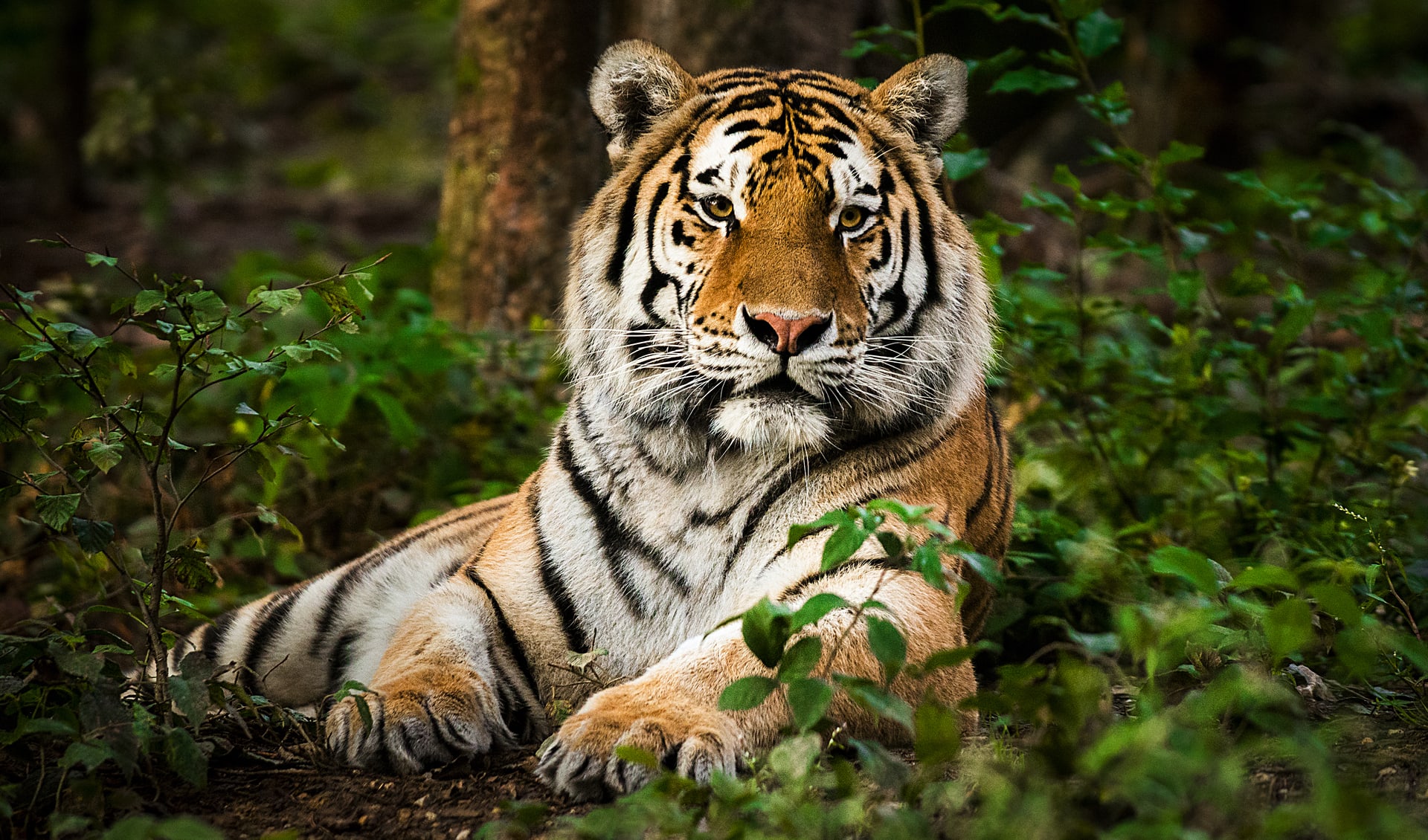The Great Skua, often nicknamed “Bronxie” by locals in the Shetland Islands, is a formidable seabird renowned for its predatory behavior and robust nature. As one of the largest and most aggressive members of the skua family, this bird exhibits a range of fascinating adaptations and behaviors that set it apart from other marine birds.
During the breeding season, the Great Skua adopts a strategy of opportunistic predation, frequently targeting and assaulting other seabirds to obtain food. This behavior, known as kleptoparasitism, involves the skua harassing and sometimes killing smaller birds, such as gannets and gulls, to steal their catch. This ruthless approach to foraging ensures a vital food source for the skua’s own survival and that of its offspring.
Outside of the breeding season, when it is not preoccupied with nesting duties, the Great Skua ventures further offshore, where it scavenges and piratically acquires food from fishing vessels and other seabirds. This adaptability and versatility in feeding behavior highlight the skua’s ability to exploit a variety of food sources in its marine environment.
Despite its reputation as a formidable predator, the Great Skua is also a highly migratory species, undertaking extensive journeys by sea during migration. During the winter months, it can often be observed in flocks several kilometers offshore, where it congregates in areas rich in marine life and fisheries discards.
In terms of habitat preferences, the Great Skua exhibits a preference for nesting on islands with flat terrain and some vegetation cover. These nesting sites provide suitable breeding grounds where the skuas can establish loose colonies numbering in the thousands. This colonial nesting behavior offers benefits such as increased protection from predators and enhanced foraging opportunities in proximity to other seabird colonies.
Distribution
 Algeria
Algeria Anguilla
Anguilla Antigua & Barbuda
Antigua & Barbuda Austria
Austria Barbados
Barbados Belgium
Belgium Belize
Belize Bermuda
Bermuda Brazil
Brazil British Virgin Is.
British Virgin Is. Bulgaria
Bulgaria Canada
Canada Cape Verde
Cape Verde Colombia
Colombia Croatia
Croatia Cuba
Cuba Cyprus
Cyprus Czechia
Czechia Côte D’ivoire
Côte D’ivoire Denmark
Denmark Dominica
Dominica Egypt
Egypt Faroe Islands
Faroe Islands Official estimate
Official estimate
 Finland
Finland France
France French Guiana
French Guiana Gambia
Gambia Germany
Germany Ghana
Ghana Gibraltar
Gibraltar Greece
Greece Greenland
Greenland Guadeloupe
Guadeloupe Guinea-Bissau
Guinea-Bissau Guinea
Guinea Guyana
Guyana Hungary
Hungary Iceland
Iceland Official estimate
Official estimate
 Ireland
Ireland Official estimate
Official estimate
 Israel
Israel Italy
Italy Latvia
Latvia Lebanon
Lebanon Liberia
Liberia Libya
Libya Lithuania
Lithuania Luxembourg
Luxembourg Malta
Malta Martinique
Martinique Mauritania
Mauritania Montenegro
Montenegro Montserrat
Montserrat Morocco
Morocco Netherlands
Netherlands Nigeria
Nigeria Norway
Norway Official estimate
Official estimate
 Panama
Panama Poland
Poland Portugal
Portugal Puerto Rico
Puerto Rico Romania
Romania Russia
Russia Official estimate
Official estimate
 Russia
Russia Saint Lucia
Saint Lucia Saint Pierre
Saint Pierre Saint Vincent
Saint Vincent Senegal
Senegal Serbia
Serbia Sierra Leone
Sierra Leone Slovakia
Slovakia Slovenia
Slovenia Spain
Spain St. Kitts & Nevis
St. Kitts & Nevis Suriname
Suriname Svalbard
Svalbard Official estimate
Official estimate
 Sweden
Sweden Switzerland
Switzerland Syria
Syria Trinidad & Tobago
Trinidad & Tobago Tunisia
Tunisia Turkey
Turkey US Virgin Islands
US Virgin Islands United Kingdom
United Kingdom United States
United States Venezuela
VenezuelaAnything we've missed?
Help us improve this page by suggesting edits. Glory never dies!
Suggest an editGet to know me
Terrestrial / Aquatic
Altricial / Precocial
Polygamous / Monogamous
Dimorphic (size) / Monomorphic
Active: Diurnal / Nocturnal
Social behavior: Solitary / Pack / Herd
Diet: Carnivore / Herbivore / Omnivore / Piscivorous / Insectivore
Migratory: Yes / No
Domesticated: Yes / No
Dangerous: Yes / No




